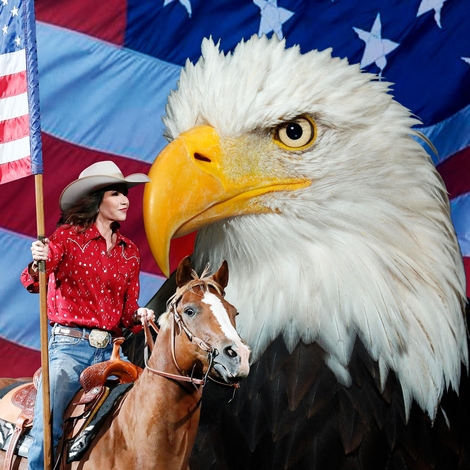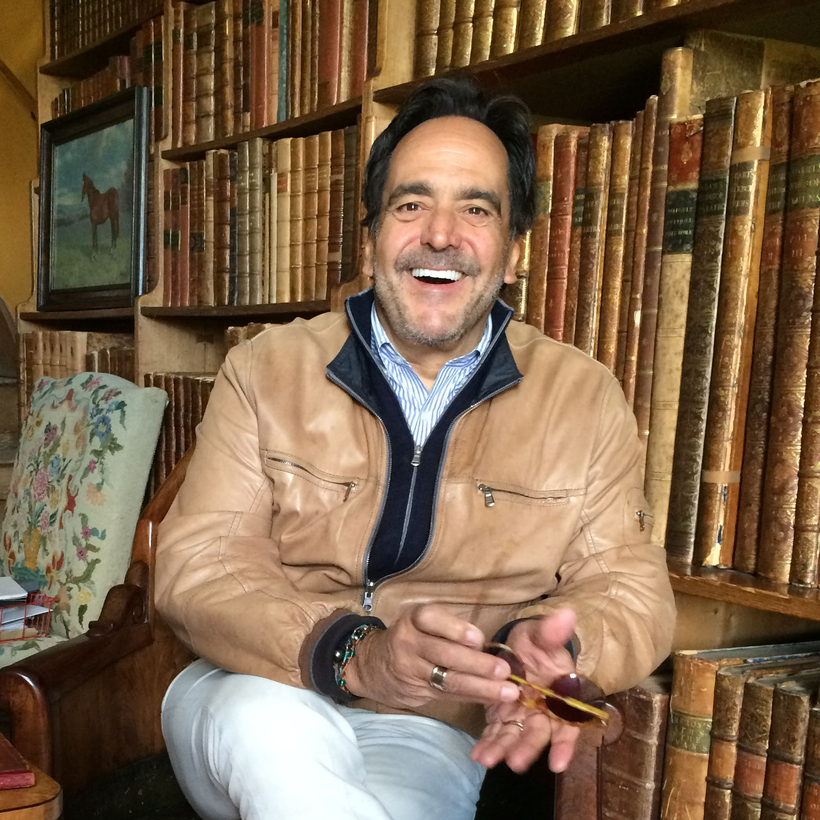In another lifetime not very long ago, I spent an autumn sitting on the grass of the Great Lawn with my friend Zach, both of us unemployed but cigarette-rich. We’d become acquainted with a life of quasi-bucolic unrest—poverty in the park—and taken up the hard-pressed refrain “What are we going to do?” as though the answer mattered to anyone other than us. Zach, misguided in the way that only a child of New York can be, longed to work “in sports.” (He’s now gainfully employed at one of the finest hotels in the city, don’t worry.) I, dim-witted and obtuse as only someone from the backwoods of Connecticut can be, wanted to work in the flourishing world of print magazines. (Have pity, I got my wish.)
One afternoon, lying in the field with our bovine faces turned skyward, Zach muttered to me, “You know … you could meet with my dad. He’s an editor and might have some advice.” Zach left no room for hope of employment, but it was a start. His father, Richard David Story, had for a decade and a half presided over a travel magazine called Departures, and was just the sort of person I’d been cold-emailing for months, seeking a job, a meeting … hell, the mere courtesy of a rejection.
A few days later, I found myself staring at a framed photograph of a matador in full form on the wall of Richard’s office, waiting for him to return from a lunch. The ensuing meeting confirmed everything the exotic office interior suggested, and all I’d heard about the man. It also validated my romantic notion of the publishing industry, which I was convinced was full of men and women like Richard. He was well traveled, well read, well dressed, and could speak volubly to an inarticulate rube like me with the same ease I’d see him exhibit with Lee Radziwill at a dinner at his Midtown East apartment.

I sat wide-eyed as he explained the importance of Francesco Clemente’s art, recalled his son’s roadside battle with food poisoning on a trip in India, waxed lyrical about the majesty of Ugandan mountain gorillas, and told of how his obituary for Andy Warhol led to a job as Vogue’s features editor. It felt less like a meeting with the head of a magazine and more like I’d sidled up to Peter Ustinov at a bar. Needless to say, I was devastated to learn that there weren’t any jobs available at the magazine.
But benevolent Richard had other tricks up his sleeve, and managed to get me a meeting with his friend Aimée Bell, who was an editor at Vanity Fair. Whether Richard knew it or not, the meeting would change the course of my entire life.
He was well traveled, well read, well dressed, and could speak volubly to an inarticulate rube like me with the same ease I’d see him exhibit with Lee Radziwill at a dinner.
I couldn’t possibly pretend to know everything about Richard—there are people who were far closer to him, and anyway, there’s too much to know. But I can tell you that he wasn’t afraid to dream about, and later live, a life far grander than the one he knew in his childhood, in Oklahoma City. He’d never forgotten about his formative years on the Great Plains, and when he briefly recalled them in our conversations, he expressed neither disdain nor scorn for the region—he was happy to have family who still lived there, namely his younger brother, Craig.
Instead, he appreciated how remote his birthplace seemed from the glorious metropolis he now lived in and of which he took full advantage. He moved to New York after school in the 1970s and worked his way onto the mastheads of such a variety of publications that you might think he was trying to make his name inescapable at the magazine stand: Departures, Vogue, New York magazine, Esquire, Travel & Leisure, Reader’s Digest, and USA Today. More recently, he served as AIR MAIL’s beloved travel czar.
And though he was richly gifted as an editor, Richard’s greatest talent was a social one. Never has a man had so many old friends, people to corroborate otherwise unverifiable tales from faraway lands: of sleepless nights in Berlin, afternoons on sun-soaked African plains, and treks through the craggy mountains of China. Richard and his wife, Jennifer, were married for an unheard-of 31 years, and he was fortunate to have found in her someone whose curiosity and sense of wonder at the world matched his own.
Since moving to New York, I’ve come to think of Zach as my closest friend, and of myself as his. But deep down, I know that Zach’s best friend was his dad. And how could he not be? Their Sunday-night dinners at home were sacred, and they were constantly trading opinions on everything they came across, from films to car commercials, to cranky old ladies on the Upper East Side. Without Richard’s influence, Zach would be working “in sports” or, more likely, filling out Parks Department job applications and scrounging for half-smoked cigarettes with me. I sit here, writing about Richard’s death just as he wrote about Andy Warhol’s all those years ago, and I can’t help but think—on my own behalf, yes, but far more so on Zach’s—“What are we going to do?”
Nathan King is a Deputy Editor for Air Mail


